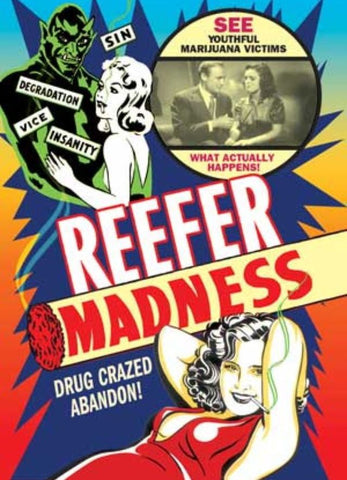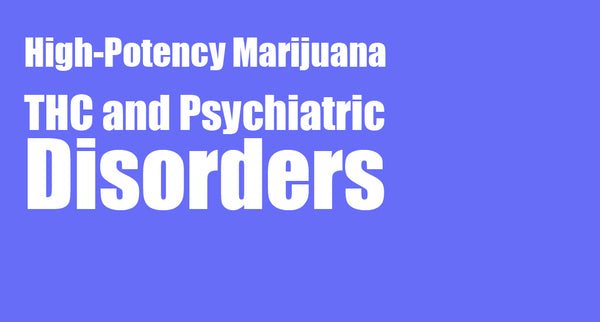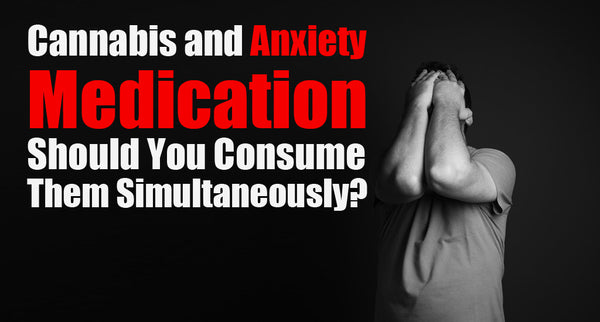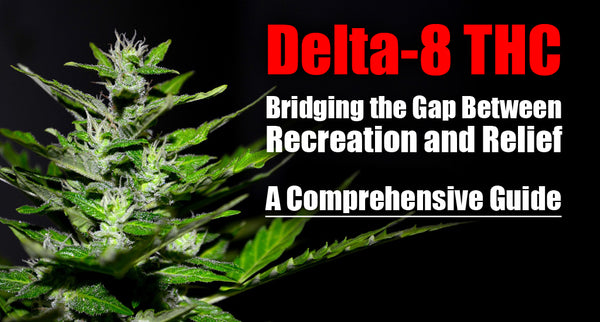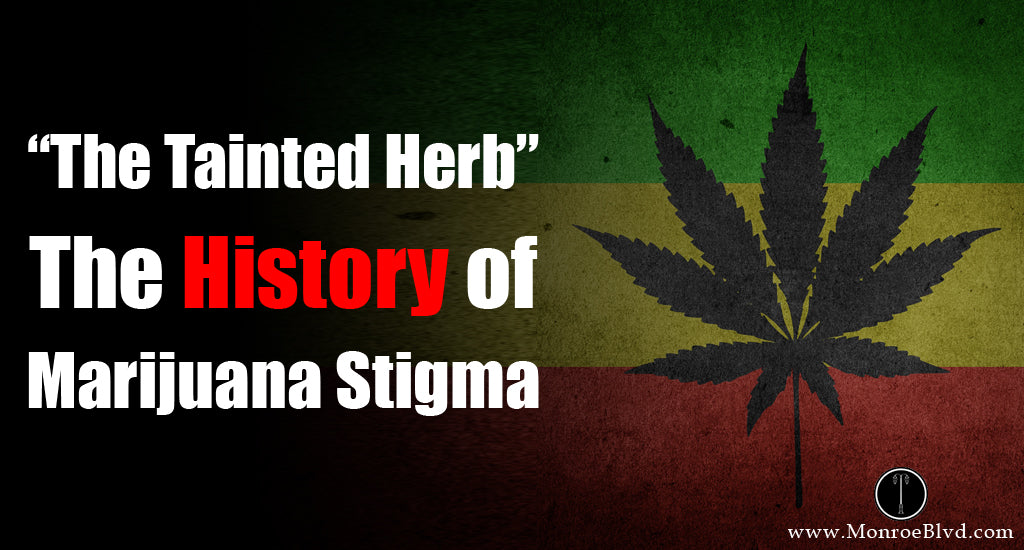
Redefining the Narrative: Exploring Cannabis' Diverse Influence and Overcoming Societal Misconceptions
Cannabis has a diverse history that has influenced various aspects of society, including arts, commerce, transportation, literature, and currency. To fully harness its potential, we must address the existing prejudices and misconceptions associated with cannabis. This could lead to changes in industries like alcohol, tobacco, and certain chemical corporations.
In a society that values freedom of speech, we often form our opinions based on religious teachings, social interests, and racial perspectives, which can be influenced by politics. This was evident during the 2016 presidential election, where different groups aligned with candidates who shared their values. However, these heartfelt opinions can sometimes be biased due to a lack of personal experience or limited knowledge.
The stigma surrounding cannabis is perpetuated by influential figures such as political leaders and religious authorities. It is important to question whether their opinions are based on thorough research or if they have personal motives for controlling their followers. Ultimately, it is up to individuals to critically evaluate information and form their own perspectives.
Marijuana Stigma: Politics
 In 1970, President Richard Nixon classified marijuana as a Schedule I drug in 1970. This decision was made as a response to the increasing heroin usage, and Nixon called for an aggressive approach to combat drug abuse. However, this policy had unintended consequences, leading to widespread raids on urban households, severe punishments like life sentences for offenses that would be considered minor today, and disproportionately affecting black Americans. Surprisingly, later sources from Nixon's political campaign in 1968 revealed that his intentions were to criminalize black and brown people, as well as the "hippy" community, despite being aware of the actual effects of marijuana. This resulted in the creation of negative stereotypes targeting these specific groups.
In 1970, President Richard Nixon classified marijuana as a Schedule I drug in 1970. This decision was made as a response to the increasing heroin usage, and Nixon called for an aggressive approach to combat drug abuse. However, this policy had unintended consequences, leading to widespread raids on urban households, severe punishments like life sentences for offenses that would be considered minor today, and disproportionately affecting black Americans. Surprisingly, later sources from Nixon's political campaign in 1968 revealed that his intentions were to criminalize black and brown people, as well as the "hippy" community, despite being aware of the actual effects of marijuana. This resulted in the creation of negative stereotypes targeting these specific groups.
During the era of President Ronald Reagan and his wife Nancy, marijuana faced a significant crackdown with the implementation of programs like DARE (Drug Abuse Resistance Education) and Just Say No campaign. These initiatives played a role in criminalizing marijuana through executive orders and media portrayal. One of their tactics involved educating school children about marijuana, but unfortunately, much of this information was inaccurate and exaggerated. Many Americans came to believe that marijuana was as dangerous as crack cocaine, which led to the criminalization of cannabis users.
President Reagan actively promoted the idea of a "War on Drugs" and emphasized the need to halt the flow of drugs into the country. He labeled drugs like marijuana as dangerous and called for their strict control. These efforts, coupled with the legacy of Nixon's anti-drug campaign, fueled an anti-marijuana sentiment in America. Despite the racial implications and militaristic actions disproportionately affecting African Americans, millions of people supported measures like the Anti-Drug Abuse Act and the Comprehensive Crime Control Act, which further contributed to the criminalization of marijuana.
Overall, the Reagan era marked a destructive period for marijuana, particularly impacting African Americans. Misguided campaigns and policies perpetuated misconceptions about the dangers of marijuana, leading to its widespread penalization and the neglect of racial injustices associated with drug enforcement.
Read more about The Disastrous Legacy Of Nancy Reagan’s ‘Just Say No’ Campaign.
Weed Stigma: Religion
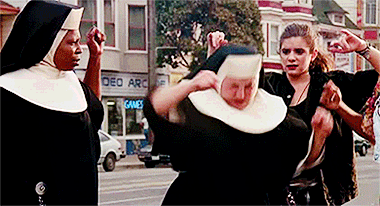 Religious beliefs about marijuana can vary among different denominations, much like the laws that differ from state to state. The influence of the law often plays a role in shaping religious stigmas surrounding both recreational and medicinal use of marijuana. Some churches may view marijuana as acceptable when used for pain management and health recovery purposes.
Religious beliefs about marijuana can vary among different denominations, much like the laws that differ from state to state. The influence of the law often plays a role in shaping religious stigmas surrounding both recreational and medicinal use of marijuana. Some churches may view marijuana as acceptable when used for pain management and health recovery purposes.
On the other hand, certain religious groups, like Jehovah's Witnesses, choose to disregard new scientific studies on marijuana and adhere strictly to their existing religious policies. Outdated information on marijuana can be found on their website, wol.jw.org, spanning over thirty years.
During the early period of cannabis prohibition, propaganda posters targeted Christians of that time, as Christianity has been a major religion since the time of Christ. However, it is important to note that I am not seeking to ignite a religious debate. It is worth mentioning that using people's religious beliefs to instill fear rather than providing factual information was unjust on the part of early prohibition propaganda artists. If you're interested, you can find more examples of Anti-marijuana propaganda posters here.

Various opinions from doctors, scientists, and psychiatrists are presented to highlight their knowledgeable perspectives on marijuana. However, upon closer examination, it becomes apparent that the information provided dates back to the late 1970s and early 1980s. During this period, marijuana was consistently portrayed as a mental health risk. Additionally, when it comes to religious teachings, Jehovah's Witnesses rely on an unnamed study from Harvard University to argue that marijuana is unsafe, specifically citing potential lung damage and comparing its effects to heavy cigarette use. I highly recommend visiting wol.jw.org to witness their astonishingly outdated viewpoint on marijuana. It may also be beneficial for you to explore the stance your own religion takes on this topic.
Cannabis Stigma: Society & Culture
 Marijuana's introduction to Capitol Hill was rooted in racial prejudice, granting law enforcement agencies like the Bureau of Narcotics and Dangerous Drugs the power to legally target and imprison individuals from minority communities. However, this discrimination did not start there; it originated with Mexico. Marijuana use was culturally accepted and legal in Mexico, and many Mexicans who migrated to America, particularly in Texas, brought their customs with them.
Marijuana's introduction to Capitol Hill was rooted in racial prejudice, granting law enforcement agencies like the Bureau of Narcotics and Dangerous Drugs the power to legally target and imprison individuals from minority communities. However, this discrimination did not start there; it originated with Mexico. Marijuana use was culturally accepted and legal in Mexico, and many Mexicans who migrated to America, particularly in Texas, brought their customs with them.
In modern-day America, the primary obstacle to marijuana legalization is the deeply ingrained and misinformed prejudice against cannabis and its users. Interestingly, this condemnation often comes from individuals who casually embrace alcohol, a well-known substance that is both dangerous and addictive. This double standard raises important questions.
During that era, medical journals and news reports actually referred to marijuana as cannabis in a favorable manner. However, the perception of the herb changed due to the arrival of Mexican immigrants. Unfounded rumors spread, claiming that Mexicans who consumed marijuana possessed superhuman strength and had a thirst for violence. These false portrayals became the predominant image associated with marijuana. Fast-forward to the 1980s, and marijuana continued to be stigmatized, largely due to its association with minority communities. This echoes back to 1910, when cannabis was distorted because of its ties to Mexican culture.
What Stoners On Reddit Suggest
I recently reached out to the Weed Reddit community to seek their insights on how we can challenge the negative perceptions and stereotypes surrounding marijuana. I received a multitude of responses from various individuals, and now I'd like to share with you a summary of their suggestions and ideas. By exploring these perspectives, we can gain a better understanding of the potential approaches to break the stigma associated with marijuana."
- Talking about cannabis openly and sharing personal experiences of its benefits.
- Educating others about the therapeutic benefits and positive aspects of cannabis.
- Avoiding over-obsessive conversations about cannabis and not making it the sole focus of one's personality.
- Breaking stereotypes by leading a productive and successful life while openly consuming cannabis.
- Engaging in activities that contribute to society, such as creating art, content, or being physically active.
- Challenging negative perceptions by showcasing responsible cannabis use and dispelling the notion of being a "lazy stoner."
- Encouraging open dialogue and discussions about cannabis, its medicinal properties, and its cultural significance.
- Supporting the legalization of cannabis and participating in advocacy efforts.
- Creating a positive image by being respectful, kind, and considerate while openly consuming cannabis.
- Educating others about the differences between cannabis and harmful substances like alcohol or harder drugs.
- Showing the diverse range of individuals who consume cannabis, including professionals, parents, and responsible adults.
- Leading by example and demonstrating responsible cannabis use in various social and professional settings.
- Engaging in community events and initiatives that promote the positive aspects of cannabis and its culture.
- Supporting and participating in legislation and campaigns aimed at reducing stigma and promoting cannabis acceptance.
- Dispelling myths and misinformation about cannabis through accurate information sharing and scientific evidence.
Conclusion: Marijuana Propaganda
In order to change the perception of marijuana nationwide, it is crucial to reach out to political and religious leaders and address the confusion spread by propaganda. Since the beginning, Americans have been deceived. Back in 1910, marijuana was unfairly associated with racism, claiming that Mexicans gained extraordinary strength and had violent tendencies. This was followed by the exaggerated "Reefer Madness" propaganda in the 1930s and continued through the presidential terms of Nixon and Reagan.To shift the narrative, we must focus on educating everyone with accurate and up-to-date information supported by scientific studies. By spreading the truth, members of the marijuana community can help change public opinion. This is the first step in overcoming more than a century of unjust convictions, persecution, and the marginalization of a valuable plant. As society becomes more informed, marijuana can shed its undeserved negative reputation and be recognized for its true benefits.


